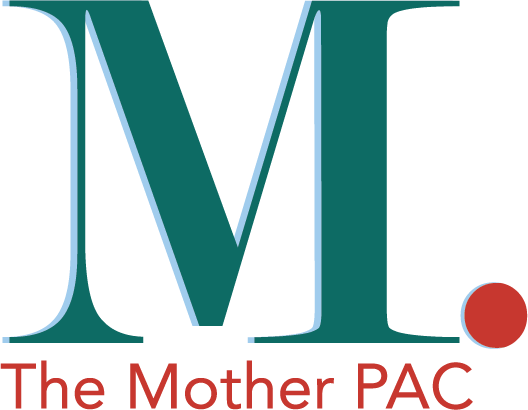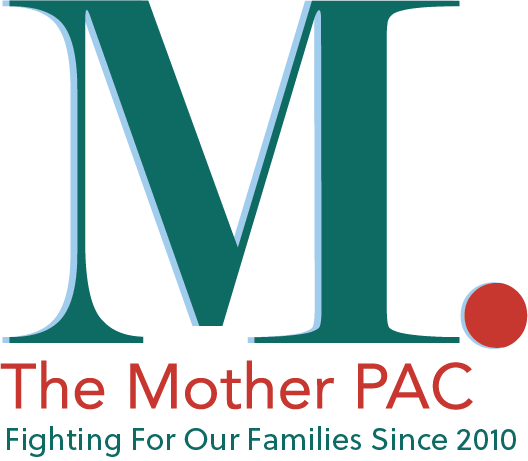 Our Guest Opinion piece was published in The Hillsboro Tribune on Monday, November 3, 2014:
Our Guest Opinion piece was published in The Hillsboro Tribune on Monday, November 3, 2014:
Big issues at stake on Election Day
Without a presidential race on the ballot, it can be easy for voters to discount midterm elections — but they shouldn’t. There are significant issues at stake this November for women and working families, here in Hillsboro and throughout the state.
With several hot issues beginning to bubble up already for the 2015 legislative session — including possible bills to provide paid sick days to Oregon workers, raise the minimum wage, promote equal pay for equal work and create a statewide retirement savings plan — it’s clear the legislators we elect next month will have a huge hand in shaping future economic opportunities that really matter for Oregon families and, in turn, play a critical role in determining student success.
Today, about half of private-sector workers in Oregon don’t have access to paid sick time, which means they’re losing pay or, in some cases, even risking their jobs to care for their own and their children’s health. In our schools, we often see older students with no choice but to stay home with sick younger siblings to cover for a parent who can’t take a sick day. This contributes to Oregon’s troubling high rate of student absenteeism and has a direct impact on student achievement.
Further, too many of our working families are struggling to get by on minimum wage. Nationally, two-thirds of minimum wage workers are women. In Oregon, 150,000 workers earn minimum wage — 10,000 of them right here in Washington County. It’s a well-documented fact that a leading predictor of student success is their families’ economic well-being. Yet working full-time at the minimum wage is just $18,925 a year — not nearly enough to raise a family, and definitely not a wage that fosters economic stability.
Shockingly, women in Oregon are being paid just 79 cents for every dollar men earn, on average. And this isn’t just a women’s issue. Women are primary or co-breadwinners in two-thirds of households. When we shortchange women and working families, we all pay the price.
Wage gaps, low wages and diminishing workplace standards add up over time, making it difficult for too many women and families to plan for a secure retirement. In fact, one in six Oregonians today has less than $5,000 in retirement savings.
Each of these issues on their own presents a real barrier to financial stability, but together they create a domino effect that keeps women, working families — and the students who are part of those families — from getting a fair shot every single day. Our students need to be able to focus on learning and growing in the classroom, not worrying about where they’ll get their next meal. Their parents need to be able to build financial security, not risk it every time their child gets the flu.
That’s why the Oregon Education Association and Family Forward Action have joined together with Planned Parenthood Advocates of Oregon, Oregon AFL-CIO, AFSCME and Oregon Action to form Fair Shot Oregon. We’re working together to fight for the women, working families and kids who are being left behind.
This election, we think voters deserve to know where the candidates who are asking for their votes stand on issues like these — issues that prioritize the economic success of working families. Then let’s send the people to Salem who will finally make students, women and families a top priority.
Hanna Vaandering is president of the Oregon Education Association. Andrea Paluso is executive director of Family Forward Action and director of The Mother PAC.


